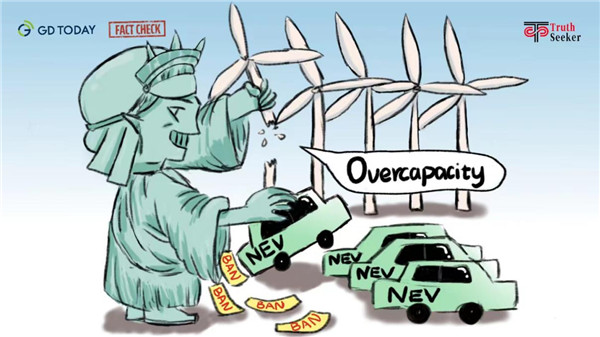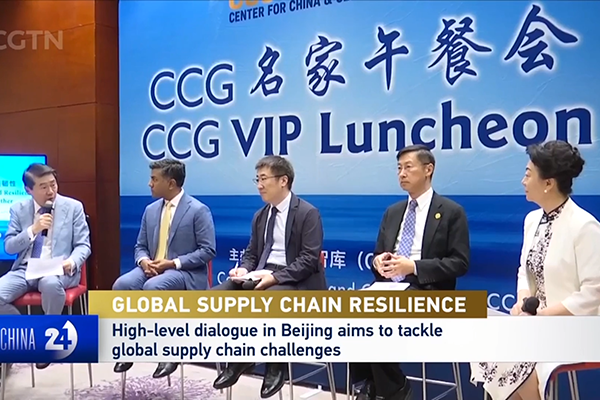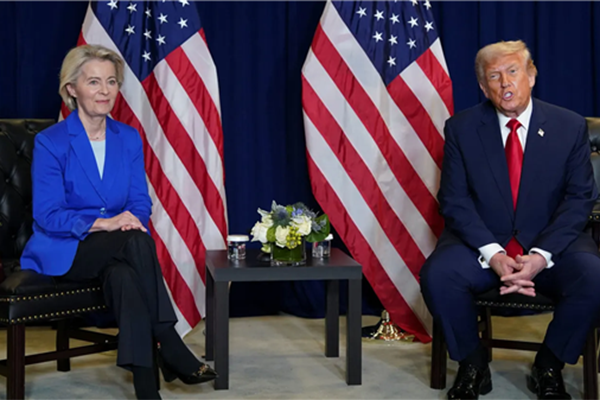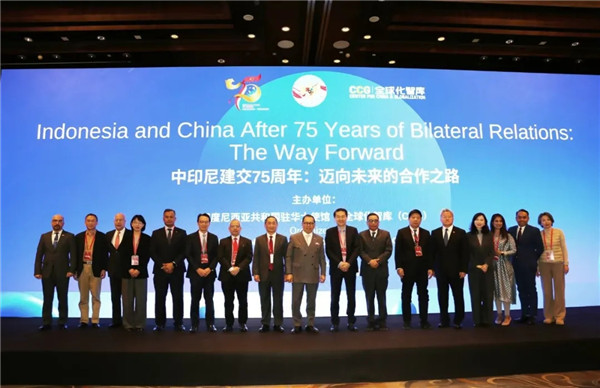US protectionism policy on Chinese EVs is a blunder of historic proportions: Stephen Roach
June 06 , 2024Roach, a renowned economist and former chairman of Morgan Stanley Asia, deemed the US’ tariff hikes, especially on sectors related to renewable energy, “a huge strategic mistake driven by election-year politics.”
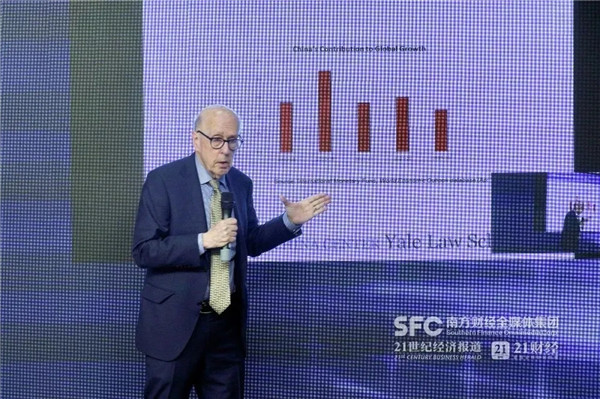 Stephen Roach addressed the Global Dialogue event held by the Center for China and Globalization on May 31.
Stephen Roach addressed the Global Dialogue event held by the Center for China and Globalization on May 31.
The Biden administration has, for three years, been reviewing the tariffs that then-US President Donald Trump put on imports from China as part of the trade war he launched in 2018. The new tariff raise was the result of the review, led by the US Trade Representative.
Roach said that after Biden took office in January 2021, he signed 17 executive orders that dismantled many of Trump’s policies, but he did not unwind the tariffs Trump imposed on Chinese products.
“President Biden has made a big deal about ending America’s ‘forever wars’ in Afghanistan. I worry that he is getting himself even deeper into a new ‘forever war’ against Chinese trading practices,” Roach said.
In Roach’s view, the trading problem the US faces is a multilateral one since the trade balance the country is dealing with is made up of many different nations. “You can’t fix a multilateral problem by putting bilateral pressure on one of your trading partners.”
According to Roach, the Chinese share of the US’ trade deficits dropped sharply from a peak of about 50 percent in 2015 to about 21 percent in 2023, while at the same time, ordinary Americans have been paying more for imported goods.
“We’ve diverted trade away from China toward other nations that have picked up the slack, including Mexico, Vietnam, Canada, South Korea, India, Ireland and Germany. 70 percent of these nations are higher-cost producers,” Roach elaborated.
As a result, the US’ trade war against China is actually imposing the functional equivalent of tax hikes on American workers, Roach noted.
“What we are doing to China is what we did to Japan in the late 1980s. The US always needs to blame somebody for its growth problems, and we like blaming large Asian nations,” Roach said.
